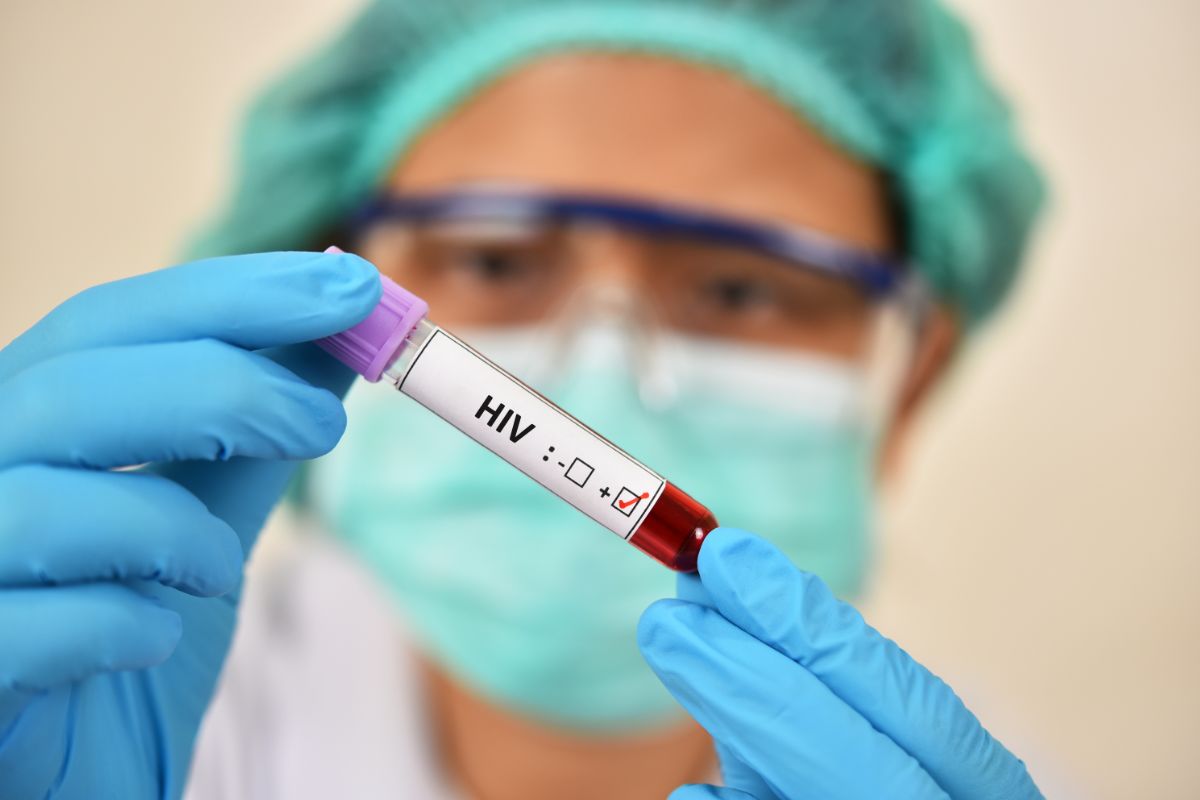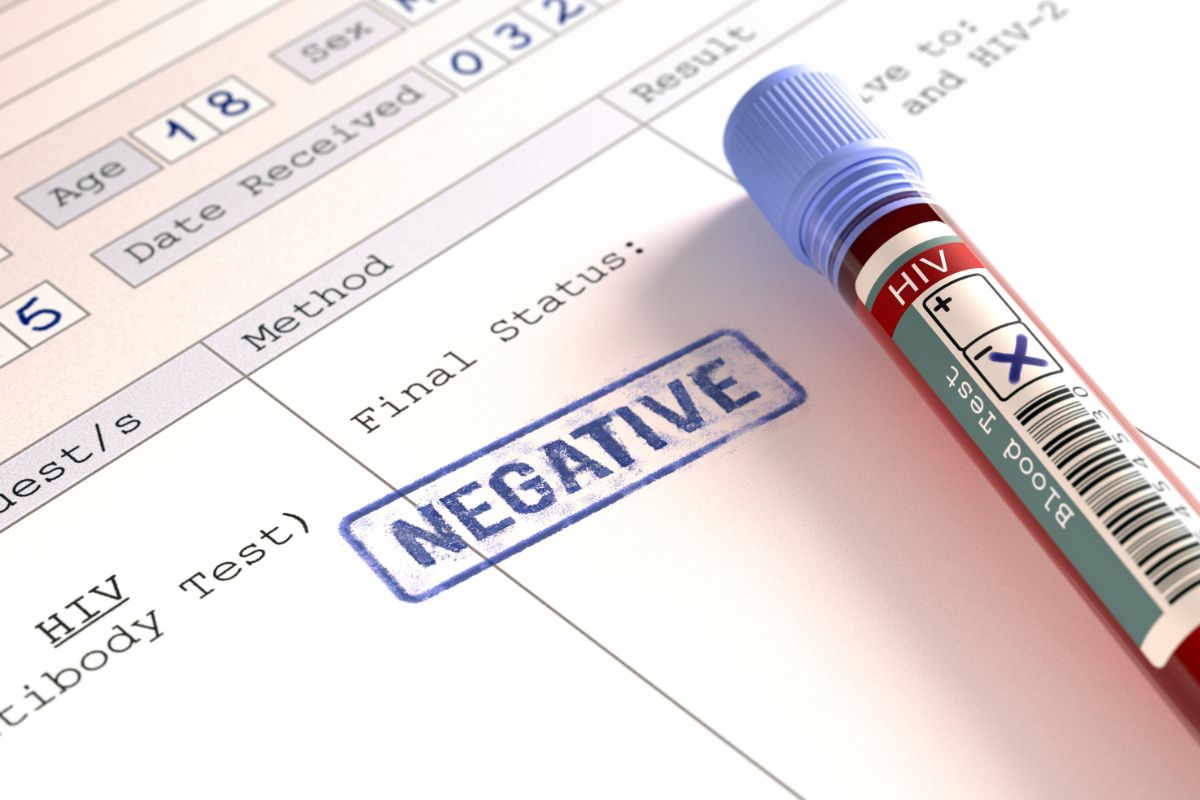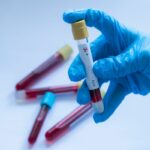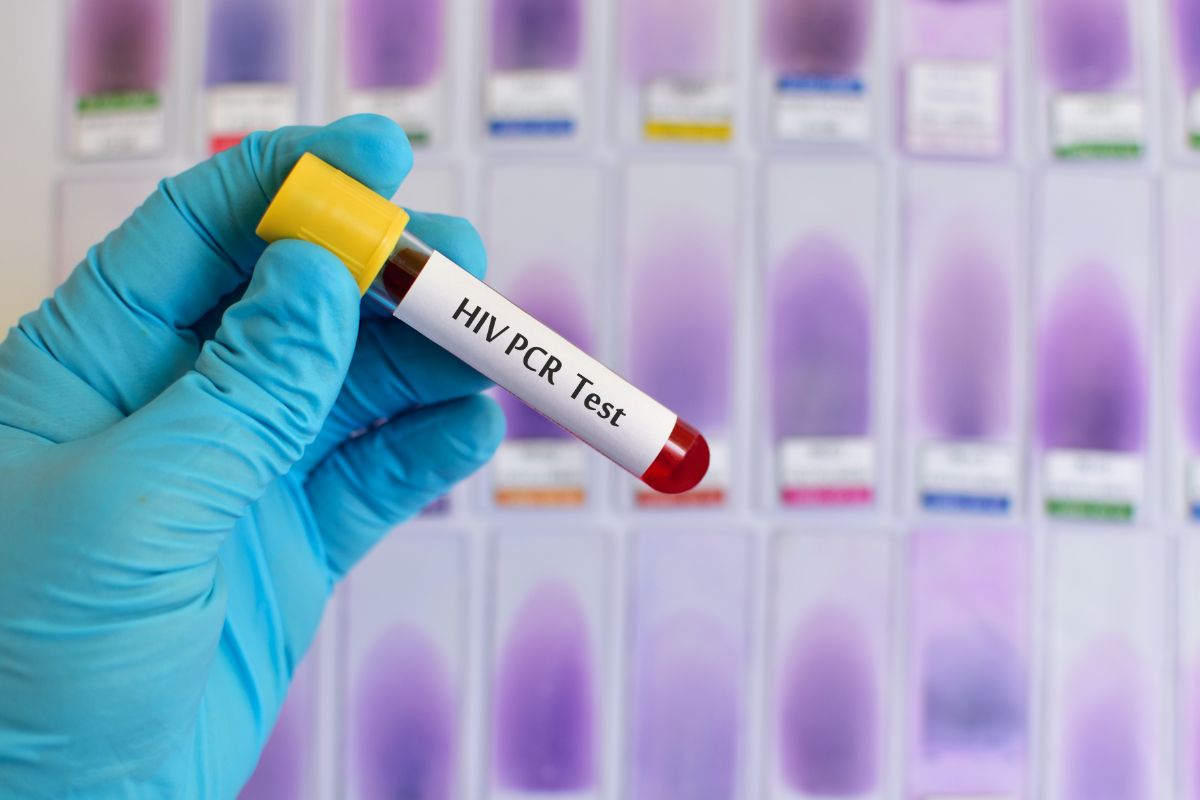The development of drugs that can treat HIV has developed what used to be a nearly always fatal infection into a more manageable condition.
The inclusion of antiretroviral therapy on a daily basis will reduce the quantity of HIV contained in the blood, as these are often undetected using standarized tests.

Remaining in treatment is essential to prevent the virus from spreading.
NIAID-supported evidence has demonstrated that ensuring that an undetectable viral load is maintained is the best means of preserving the overall health of an individual who is living with HIV.
These drugs also help to prevent the sexual transmission of the HIV virus to a partner who is HIV negative.
What Is HIV Viral Suppression?
Suppression of the HIV virus prevents it from making copies and multiplying the viral load.
Whenever a person who is HIV positive begins a course of antiretroviral treatment (see also ‘HIV: Treatment Options And Managing Symptoms‘), their overall viral load will drop significantly.
For those who begin taking HIV medication on a daily basis, their viral load will continue to drop to undetectable levels within six months or less.
They will need to continue to take their medication as directed in order for their viral load to remain undetectable.
What Does ‘Durably Undetectable’ Mean?
Engaging in antiretroviral therapy on a daily basis helps to suppress the viral load of an infected individual.
This ensures that their viral load remains durably undetectable for a period of six months (or more) after they have received an undetectable test result.
It is crucial that they continue to take their medication as prescribed in order to maintain this suppression.
Does Being Durable Undetectable Mean That The Virus Has Exited The Body?
No, HIV is still present in the body regardless of whether the viral load is undetectable or not.
The virus will remain dormant inside a smaller number of cells within the body that are known as viral reservoirs.
Whenever therapy is halted or doses are missed, the virus will begin to multiply again, and become detectable in the bloodstream again.
The reproducing virus becomes infectious again, and thus, it is crucial that medication is taken on a daily basis in order to ensure that a durably undetectable status is maintained.
How Does This Affect The Risk Of Transmitting HIV To A Sexual Partner?
Those who have HIV who continue to take their antiretroviral medication on a daily basis, and who then achieve an undetectable viral load pose effectively no risk of transmitting the HIV virus to their sexual partner.
Three extensive multinational studies that have been conducted have observed that no HIV transmission occurs to a HIV-negative sexual partner whenever the infected partner has a viral load that is durably undetectable.
These studies followed 3,000 male-female and male-male couples over a number of years, who engaged in sexual activity without a condom.
Over the course of the study, the couples reported engaging in over 74,000 episodes of intercourse without a condom.
After I Have Begun My Treatment For HIV, How Long Does It Take For The Risk Of Transmission To Reach Zero?

There is very little risk of transmitting HIV whenever the partner who has HIV has maintained an undetectable viral load for at least six months.
The majority of people who have HIV, and who start to take antiretroviral therapy, will achieve an undetectable viral load up to six months after they have begun their course of treatment.
A viral load is considered to be ‘durably undetectable’ when all of the viral load test results have become undetectable for at least six months after they have first received an undetectable result.
This means that the majority of people will need to take a course of treatment for 7-12 months in order to obtain a durably undetectable viral load.
It is crucial that they take their medication consistently as prescribed in order to achieve this.
Whenever therapy ceases, the viral load will rebound. This results in the risk of transmitting HIV to a sexual partner increasing.
NIAID-supported studies have proven that there are clear benefits of remaining on clear and continual antiretroviral treatment.
In 2006, NIAID’s clinical trial showed that those who had received intermittent treatment had twice the rate of disease progression when compared to those who received treatment continuously.
Taking antiretroviral medication on a daily basis is the best way to maintain levels that are durably undetectable, and thus, to prevent HIV infection from progressing more rapidly.
This helps to ensure that those who are living with HIV remain healthy and live for a longer period of time, while also reducing the chances of sexual transmission.
How Often Do I Need To Be Tested To Confirm That I Am Durably Undetectable?
Accordingly to the United States HIV treatment guidelines, a viral load should normally be measured every 3-4 months.
Those living with HIV should ensure that they discuss their treatment with their health care teams in order to determine a regular schedule for testing their viral load.
What Are ‘Blips’ In Regard To Viral Load?
Regardless of whether an individual is durably undetectable and on a course of antiretroviral therapy, they may still experience small increases in their viral load that are known as ‘blips’.
These are usually followed by a decrease towards undetectable levels again. This is pretty commonplace and does not indicate that antiretroviral therapy has failed.
How Do I Talk To My Sexual Partners About The Risk Of Transmitting HIV?
Those who are living with HIV can choose to involve their partners in their medical treatment plans.
Research has indicated that maintaining adherence to treatment improves the support from sexual partners, and within the wider community.
Pre-exposure prophylaxis is a form of antiretroviral medication that can be taken in order to prevent infection, this is taken by a HIV-negative individual prior to intercourse.
Conclusion
To conclude, HIV suppression involves undertaking a course of antiretroviral medication that helps to ensure that the quantity of HIV contained in the viral load of the HIV-infected individual remains at a suppressed level.
This drastically reduces the risk of HIV transmission during unprotected sexual intercourse.
- Understanding Male Reproductive Health: A Complete Guide - February 2, 2025
- Simple Healthy Skin Habits for Radiant Skin - December 6, 2024
- Unlocking the Connection Between Nutrition and Mental Health - December 3, 2024

![When Is A HIV Test Conclusive? Everything That You Need To Know When Is A HIV Test Conclusive? [Everything That You Need To Know]](https://alphanutrition.com/wp-content/uploads/2022/08/When-Is-A-HIV-Test-Conclusive-Everything-That-You-Need-To-Know-150x150.jpg)






